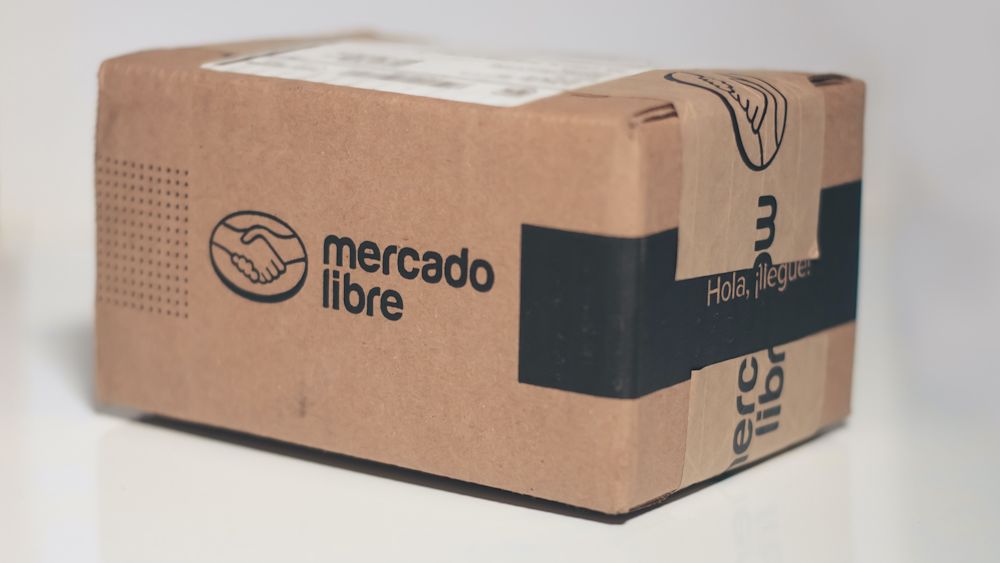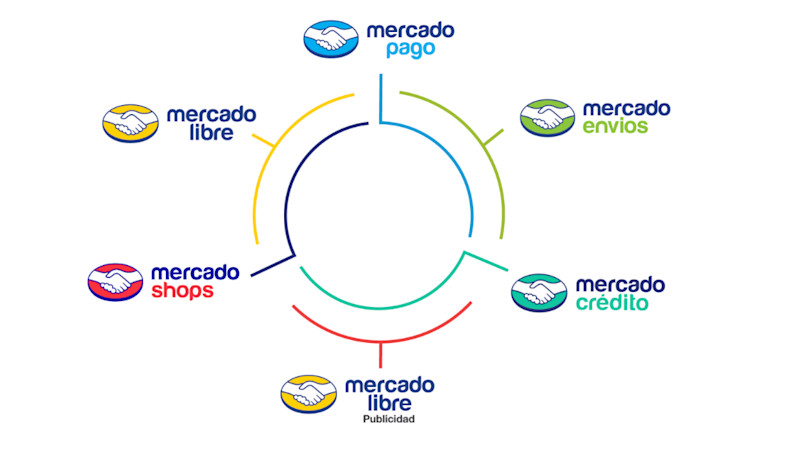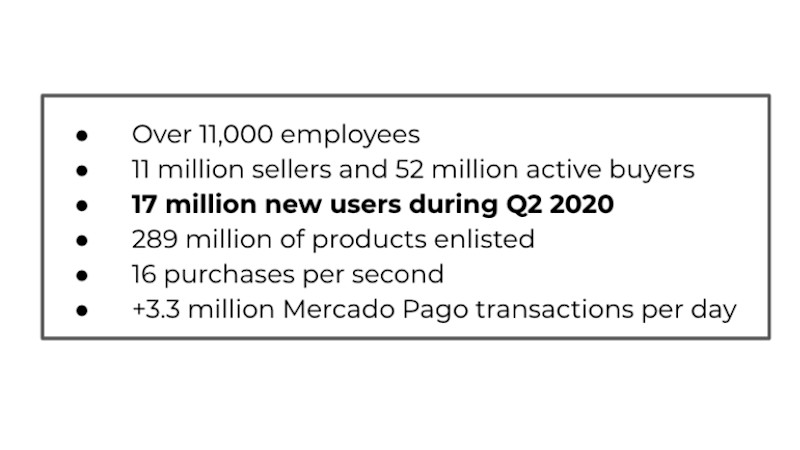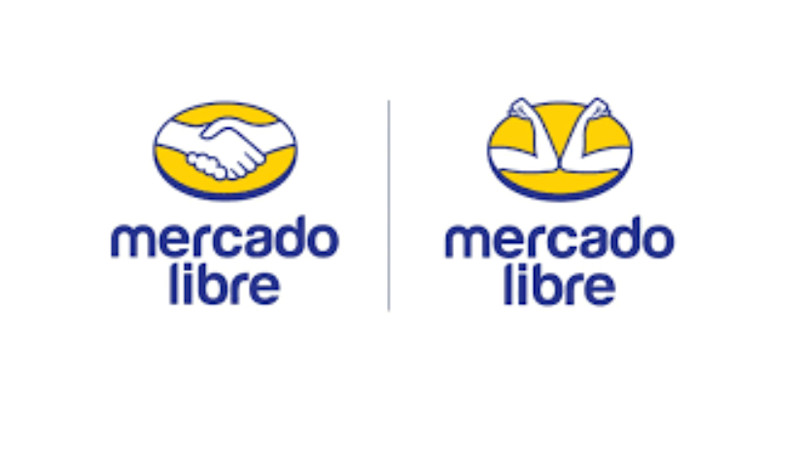MercadoLibre: The Online Marketplace That is Now Latin AmericaŌĆÖs Most Valuable Company
Table of contents
We spoke with MercadoLibre to gain insights into how it became the most valuable company in Latin America with an estimated market value of over $59B.

MercadoLibre (MELI) was founded in Argentina in 1999 by Marcos Galperin in the middle of what has come to be known as the ŌĆ£dot com bubbleŌĆØ. The company initially launched as an auction site, mimicking ▒Ą■▓╣▓ŌŌĆÖs strategy, and over time has evolved into a massive e-commerce platform. In the midst of a global pandemic, MercadoLibre became the most valuable company in Latin America with an estimated market value of over $59B. The tech giant just surpassed the valuation of Vale, a Brazilian organization that is the second-largest mining company in the world.
We spoke with Orlando Joven, MercadoLibreŌĆÖs CTO for the North Cone and gained some insights on how the company accomplished this.
MercadoLibreŌĆÖs Beginnings
In 1999 as an MBA student at Stanford University, Galperin wrote the business plan for MercadoLibre and put together a team of friends to begin working on the idea upon his return to Argentina. They received $7.6M in initial funding from investors like J.P. Morgan and Flatiron Fund entities, and during the first year launched operations in Argentina, Brazil, Mexico, and Uruguay. In 2000 they quickly expanded to neighboring countries Ecuador, Chile, Venezuela, and Colombia.
In 2001 MercadoLibre received a big break when they signed a partnership with eBay that gave way to sharing best practices in the industry while developing and improving their service and accelerating expansion in the region. As part of the agreement, eBay purchased a 19.5% stake in MercadoLibre and they witnessed quick growth for their LatAm counterpart. A big part of this was due to the launch of MercadoPago in 2003, a simple and secure payment platform the company created to solve payment obstacles for merchants and buyers (Mercado Pago is now the regionŌĆÖs leader in online payments). In 2007 MercadoLibre went public and was listed in NASDAQ, it was during this time that eBay sold their shares.
Growth and Expansion
Once they went public, MercadoLibre morphed and their purpose became to democratize commerce and money to impact the regionŌĆÖs development. The companyŌĆÖs belief of operating in a ŌĆ£forever a startupŌĆÖ mode gave way to many innovations within the company that were tested, implemented, and ultimately launched regionally. As Orlando says, ŌĆ£MercadoLibre is always in Beta mode, we prefer things good and valuable, rather than perfectŌĆØ.
With the ability to create multiple products that solved their usersŌĆÖ needs, they became an A to Z ecosystem for businesses and consumers to become digital, giving millions of people in LatAm access to buy, sell, advertise, deliver, finance, and pay for goods and services over the internet.
The ecosystem is composed of MercadoLibre, the marketplace that allows people and companies to buy and sell millions of products and services; Mercado Shops (2010), a reliable platform for startups and SMEŌĆÖs to conduct digital business; Mercado Envios (2013), making it easy for vendors in the platform to arrange logistics online; Mercado Creditos (2017), which provides loans and financial solutions to users of the platform; and MercadoLibre Publicidad, allowing brands to position or increase their sales inside the market.
They also have MELI Fund, which has invested in 17 LatAm startups, and its short-term goal is to invest an additional $10M in the region.

The wide service-offering helped MercadoLibre become a one-stop shop for buyers and sellers and really allowed MELI to position themselves in LatAm.
E- commerce and Covid 19
Pre-pandemic MercadoLibre had a presence in 18 countries throughout the region, and was the leader in all of them. When the lockdown was imposed, the unfolding events and consumer behaviors essentially accelerated all projections and expansion plans MELI had to continue their leadership position. Orlando mentions that since March of this year e-commerce in the region has experienced nearly 5 years of growth just during the time there has been a stay in place order. For MercadoLibre, the pandemic meant reaching goals at an exponential pace. According to Orlando, by May 2020 they had achieved the entire revenue objectives set out for 2020.
ItŌĆÖs not the first time that a health crisis helps accelerate growth for e-commerce companies; As Duncan Clark writes in his book ŌĆśAlibaba: The House that Jack Ma BuiltŌĆÖ, ŌĆ£(the SARS outbreak) came to represent the turning point when the Internet emerged as a truly mass medium in China. People that were afraid to go outside began shopping online and Alibaba greatly benefitted from thisŌĆØ.
The increased usage of the platform and early achievements has MELI further investing in the region and looking for more ways to take advantage of the premature growth of e-commerce.

WhatŌĆÖs Next
ThereŌĆÖs still massive room for growth. Taking into account the increased usage of MercadoLibreŌĆÖs services during the pandemic, there is still only 5% penetration of e-commerce in the region. Comparatively, the US is reaching 30% penetration and China is close to 35%, according to Orlando.
New projects for MercadoLibre include expanding MercadoCreditos; Their credit platform will begin to provide loans to external individuals, not only users who need credit to buy something off the marketplace, with the objective of helping solve the huge financial inclusion issue faced by millions. Ultimately they want to become the largest Fintech in LatAm.
Another path is accelerating the implementation of logistics centers in different cities. They are investing heavily to become even more accessible to users. In certain areas, they aim to deliver products the same day they were ordered.
They are also testing the market for fresh goods. In Argentina and Brazil, they began pilot programs for same-day grocery deliveries. This with the idea that users need groceries much more frequently than other items usually purchased on MercadoLibre, thus increasing the recurrence in platform use.
These are just a few of the initiatives that Orlando mentioned during the interview.
As Galperin says "the entrepreneurial culture is in our DNA and its multiplier effect writes the history of our growth and that of electronic commerce in the region". Thanks to this way of operating we can expect them to be the regionŌĆÖs leader for many years to come.
An Interesting fact that reflects their culture and ability to change:
MercadoLibre has an incredible way to empathize with users and showcase their capacity to adapt. The best example of this is how quickly they changed their logo to be aligned with the current times. Their logo, famously known as a handshake, was taken into consideration given the global sanitary crisis. They quickly adapted and redesigned it (temporarily) to an ŌĆ£elbow to elbow shakeŌĆØ that is now displayed in all of their branding.

--
The Org is a professional community where companies can show off their team to the world. Join your company here to add yourself to the org chart!
In this article


The ┬▄└“┬ę┬ū helps
you hire great
candidates
Free to use ŌĆō try today
